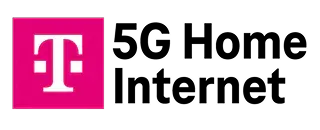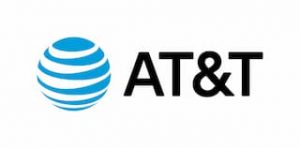What’s a good internet speed?
Take our quiz to find out how much internet speed you need. Or use our internet speed test to test your current speeds.
0–5 Mbps
Works for:
- Checking email
- Streaming music on one device
- Searching on Google
5–40 Mbps
Works for:
- Streaming video on one device
- Video calling with Skype or FaceTime
- Online gaming for one player
40–100 Mbps
Works for:
- Streaming HD video on a few devices
- Multiplayer online gaming
- Downloading large files
100–500 Mbps
Works for:
- Streaming video in UHD on multiple screens
- Downloading files quickly
- Gaming online for multiple players
500–1,000+ Mbps
Works for:
- Doing a lot of almost anything








